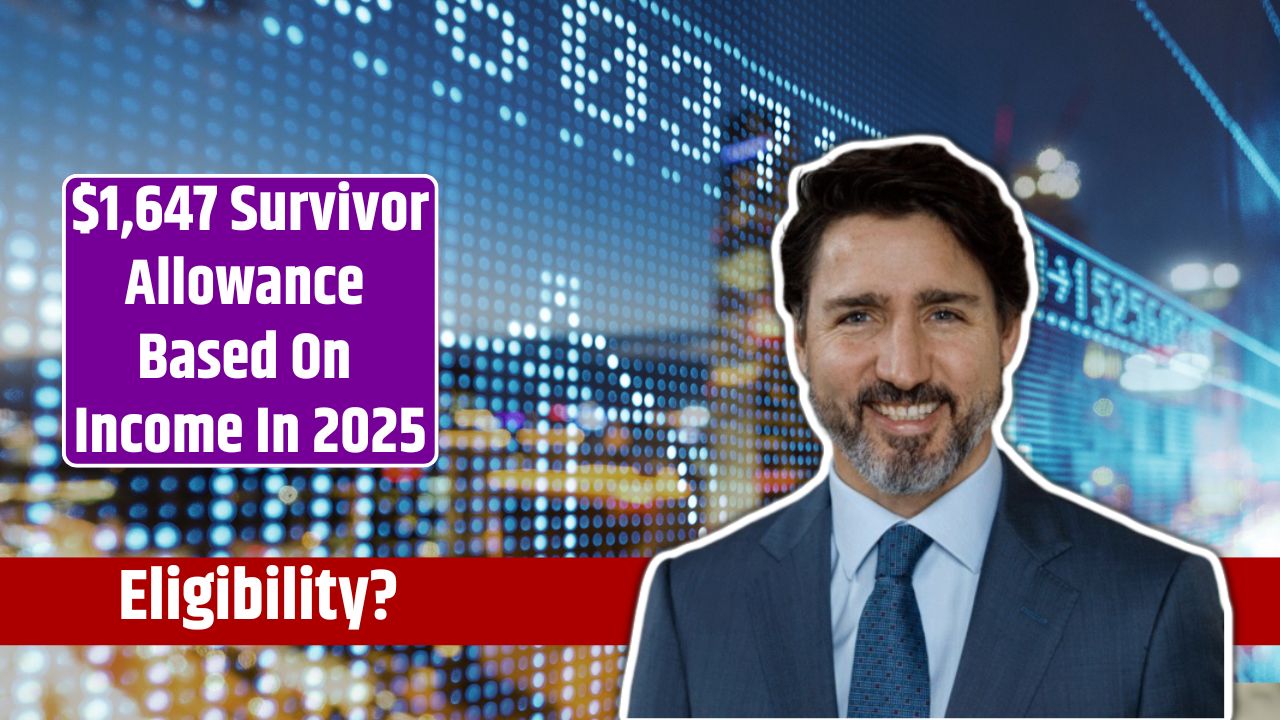The UK government has announced significant changes to Universal Credit (UC) and Personal Independence Payment (PIP), set to take effect in 2025.
These reforms aim to make the welfare system more inclusive, focusing on better support for individuals with disabilities, long-term health conditions, and mental health challenges.
Here’s a comprehensive breakdown of the updates and how they may impact you.
Universal Credit: Key Changes
Universal Credit supports individuals who are unemployed, on low income, or unable to work due to health issues.
The 2025 updates bring several improvements to make the system more equitable.
New Eligibility Rules
- Raised Income Thresholds
- The reforms will increase the income limits for eligibility, allowing more low-wage workers to qualify.
- Example: A single parent earning £1,000 per month may retain more UC benefits under the updated rules, ensuring greater financial stability.
- Increased Income Disregard
- Claimants will be able to earn more before their benefits start to taper off, providing extra financial breathing room.
Tailored Work Requirements
The reforms introduce personalized work conditions:
- Flexible Requirements: Individuals with chronic illnesses or disabilities may have reduced hours or remote work options to accommodate their needs.
- Example: A claimant with chronic fatigue syndrome or severe anxiety might have lighter work expectations to reduce stress.
Support for Families
- Enhanced Childcare Support
- Families with young children will see an increase in childcare-related benefits under UC.
- Higher Allowances for Carers
- Caregivers for dependents with disabilities or additional needs will receive increased financial assistance.
Personal Independence Payment: What’s Changing?
PIP helps individuals manage the extra costs of living with disabilities or long-term conditions. The 2025 reforms prioritize inclusivity and ease of access.
Inclusive Assessments
The revised assessment process will focus more on hidden disabilities and mental health conditions, such as:
- Mental Health: Conditions like anxiety, depression, and bipolar disorder will have greater recognition.
- Hidden Disabilities: Autism and similar conditions will be evaluated more comprehensively to ensure fair support.
- Example: A person with severe anxiety who struggles with daily tasks will have an improved chance of receiving aid.
Higher Payments for Severe Needs
Both PIP components, Daily Living and Mobility, will see increased payment rates for those with significant disabilities or care needs, acknowledging the higher financial burdens they face.
Simplified Transition Process
- The often-complicated transition from Disability Living Allowance (DLA) to PIP will become smoother.
- The new process will reduce delays and paperwork, ensuring quicker access to benefits.
How These Changes Affect Claimants
Existing Claimants
- Your benefits will remain secure, but you may be reassessed under the new criteria.
- Many claimants will benefit from improved work requirements and higher payments.
New Claimants
- From 2025, applications will follow the updated, more inclusive criteria, especially for mental health and hidden disabilities.
Summary of Changes
| Aspect | Universal Credit | PIP |
|---|---|---|
| Eligibility Expansion | Higher income thresholds and disregards | Greater focus on mental health and hidden disabilities |
| Payment Increases | Higher allowances for families and carers | Increased payments for severe needs |
| Assessment Improvements | Tailored work requirements | More inclusive and simplified assessments |
| Transition Process | N/A | Streamlined DLA-to-PIP process |
What This Means for You
These reforms are a step toward a fairer welfare system, ensuring financial support reaches the individuals and families who need it most.
Whether you’re already receiving benefits or considering an application in the future, staying informed about these changes will help you navigate the updated system effectively.
















